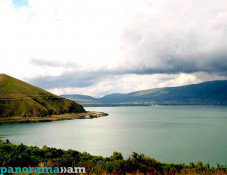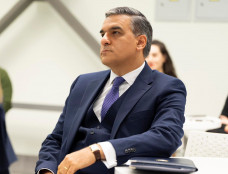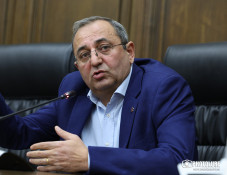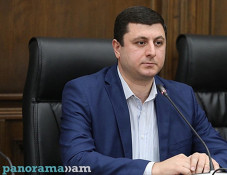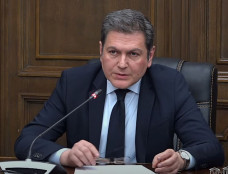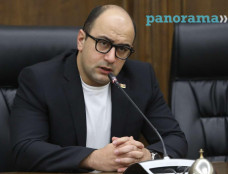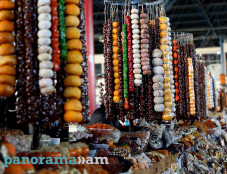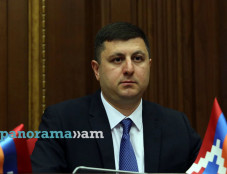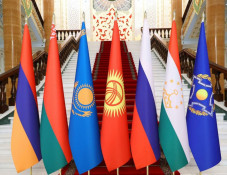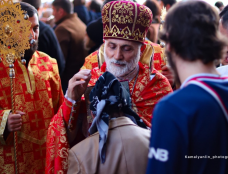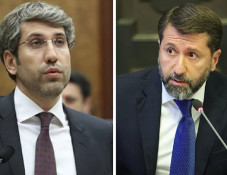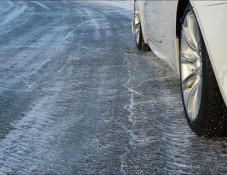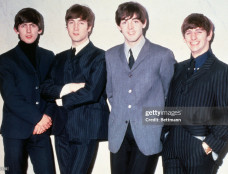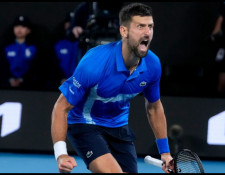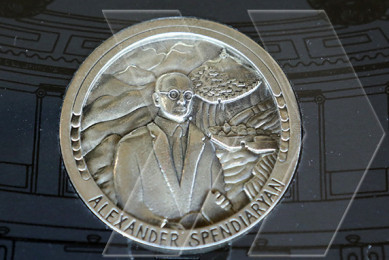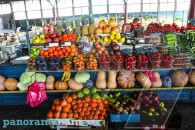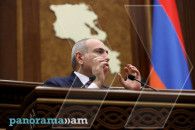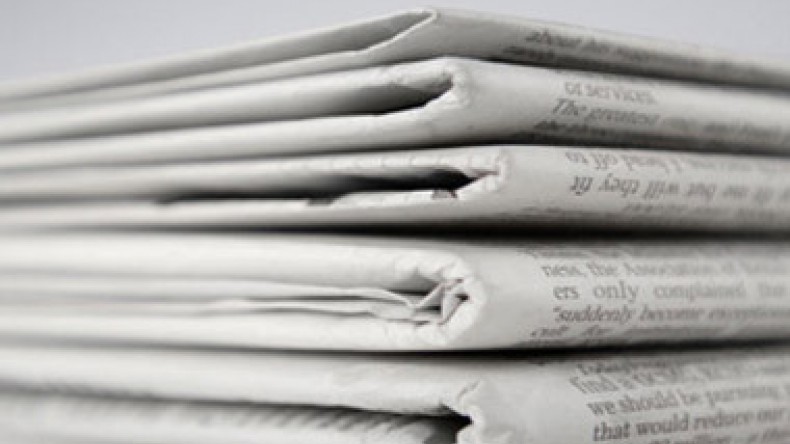
World's media unanimously reports that pre-election period in Azerbaijan was far from honesty and transparency
Azerbaijan holds its sixth presidential election since independence, and no election in the 20-year has come close to meeting recognized standards of fairness, competitiveness or transparency, the British Broadcasting Corporation (BBC) writes.
According to the material though opposition has united around one candidate Camil Hasanli, it will not affect the results of the elections, and Ilham Aliyev will elected for the third term.
The BBC reports that Azerbaijani authorities erect barriers for two strong opposition players Rustam Ibragimbekov and Ilgar Mammadov. President Aliyev enjoyed a massive media advantage, while the government lacked such an advantage. The opposition says that most TV stations chose not to air the oppositionists under the pressure of the government, the publication says.
The Washington Times notes, that though the U.S. is interested in Azerbaijani elections, yet most Americans probably can’t spell the country’s name on first chance or pinpoint its location on a map. The author writes that Ilham Aliyev who is running for the third term has inherited from his father an oil rich country which is stuck in the corruption. The "Arab Spring" and the democratic movements in the Middle East and North Africa, have apparently spooked Aliyev's government, the author stresses.
It is noted that the Azerbaijani authorities have arrested many young activists with a large number of subscribers in social networks.
According to radio "Liberty", everything indicates to the fact that the current President of Azerbaijan will be elected to a third five-year term. “A win will hand the dynastic heir a controversial but constitutionally approved third term,” the site writes and adds that Aliyev has unrestrained access to billions of dollars in energy profits.
The site reminds that such international organizations like the United Nations, the European Union, and the Organization for Security and Cooperation in Europe (OSCE) have all expressed concern over "continued pressure" on activists, journalists, and opposition politicians in the run-up to the vote. “Members of the National Council say they believe a free and fair vote would deliver a victory for their camp. However, it's said that is almost impossible to test in a country that routinely receives low marks for elections,” the article reads.
Huffington Post writes that it was during the reign of President Ilham Aliyev that the human rights crisis in the country deepened. Human rights violations in this country are a problem long ago, the author says. “Criticism of the President and leading government figures is frequently punished - those who use their right to free speech find that it can cost them their liberty, their physical safety, or their privacy,” the article reads.
Thomas de Waal, the British journalist, a senior associate at the Carnegie Endowment, specializing primarily in the South Caucasus region commented on the situation. He believes that Ilham Aliyev will undoubtedly be re-elected. One of the major challenges that Ilham Aliyev is to face during his third five-year term, is the end of the oil boom, the expert believes. As for the foreign policy issues, in particular-Karabakh problem, the situation will remain the same – neither war nor peace, de Waal says.
The journalist also stresses that "despite the ongoing elections, Azerbaijan is not a democratic country." "The opposition acts in hard conditions. The dissent was strongly suppressed during the last year. Several activists were arrested. The opposition parties could not hold meetings," de Waal adds.
Newsfeed
Videos





